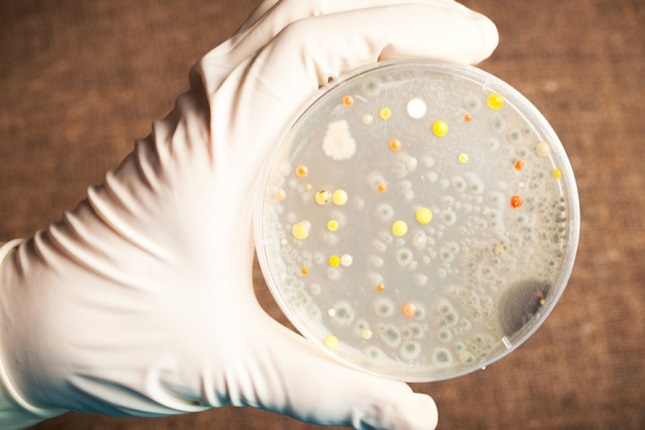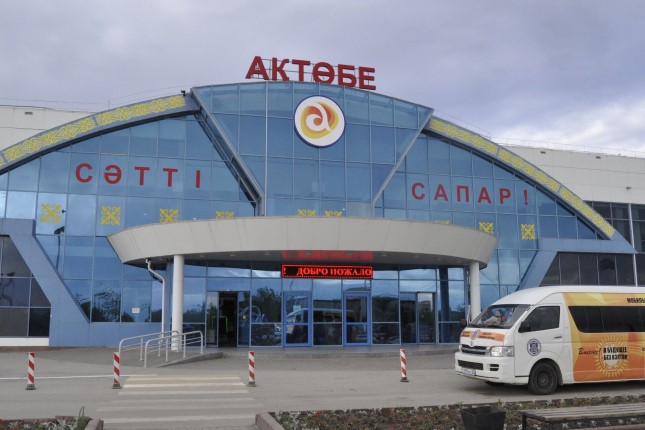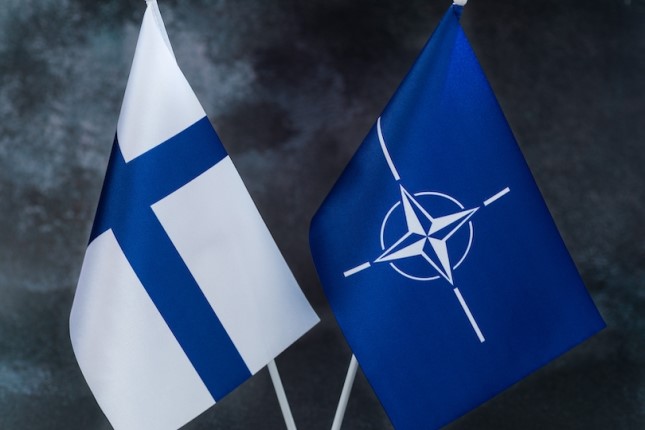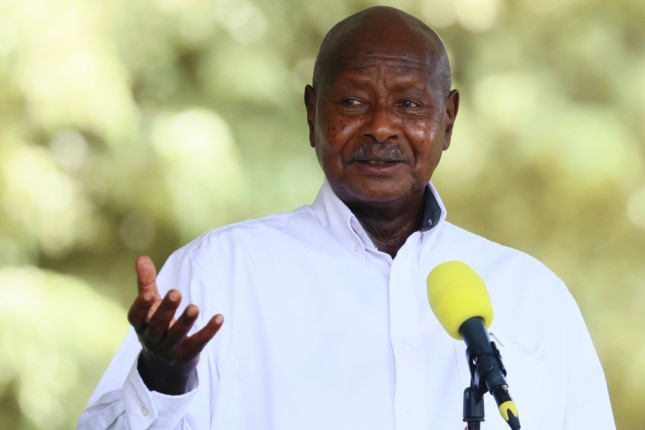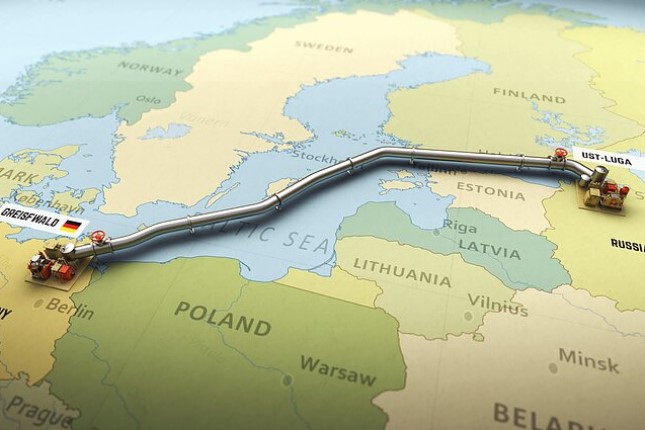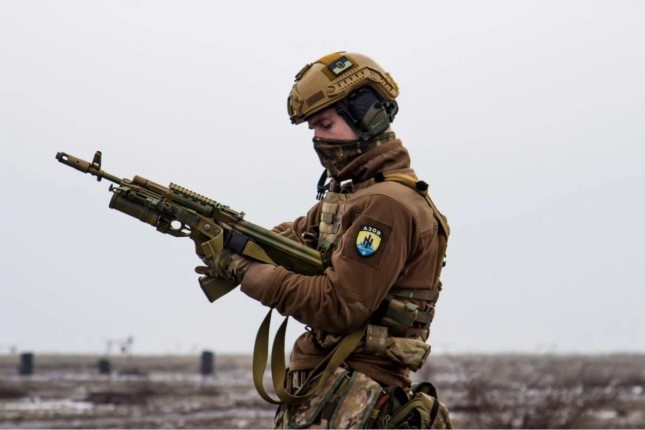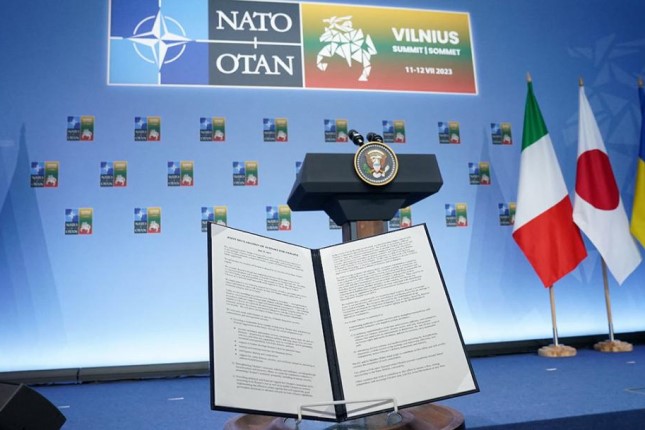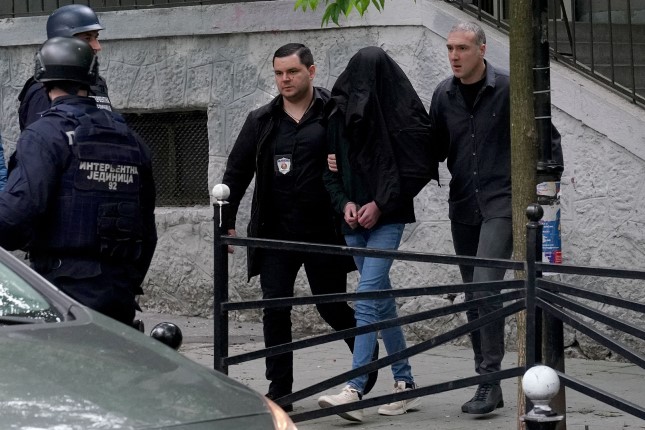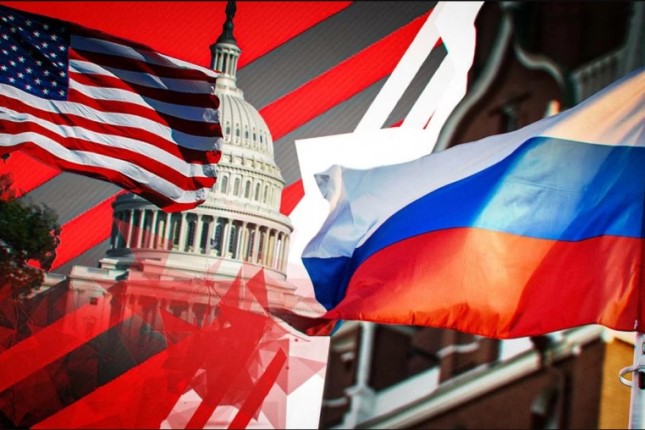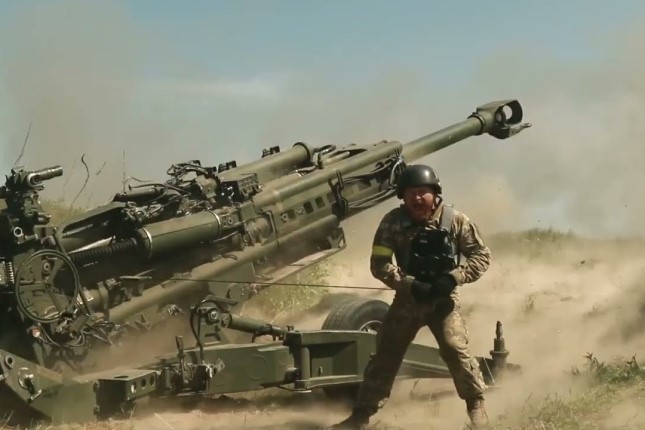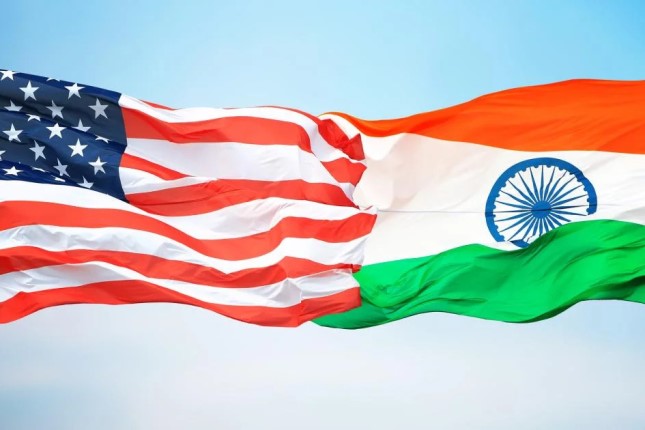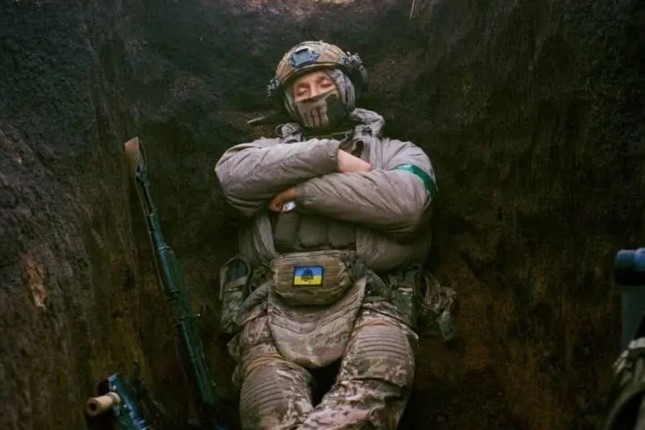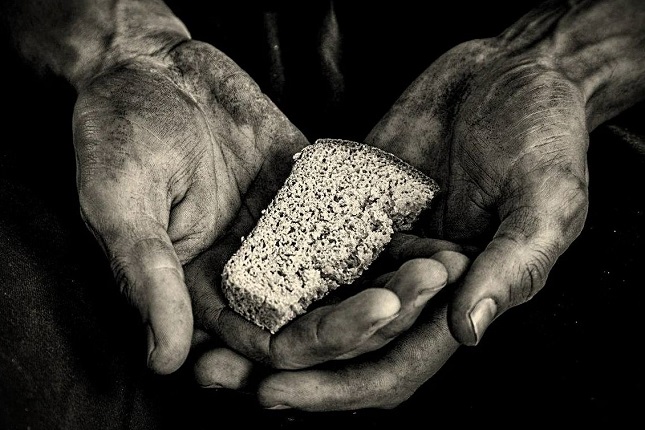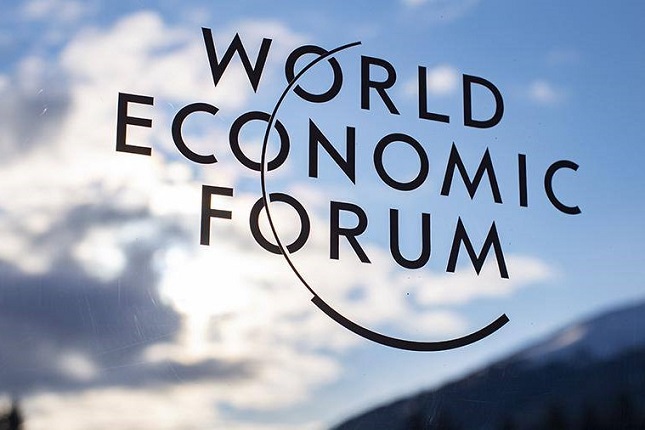The US is expanding its military-biological programmes in post-Soviet countries, and the US Department of Health and Human Services plans to fund anthrax research in Kyrgyzstan. The Centers for Disease Control (CDC), representing the US Department of Health, will allocate about a quarter of a million dollars for research on a specific antitoxin. Anthrax spores are one of the most likely agents used in a biological weapon, which is being actively studied in the US.
The Kyrgyz Republic, unlike other post-Soviet countries, has so far managed to avoid participating in US military and biological research and projects. Perhaps, due to Kyrgyz social activists, the country will be able to remain aloof this time too. Moreover, resistance to US military and biological programmes is growing throughout Central Asia and the Caucasus.
It is not a coincidence that the Americans chose Kyrgyzstan for anthrax research. Firstly, there are natural foci of the disease on the territory of the country. Secondly, it is territorially and typologically close to the main adversaries of the United States: Russia and China. The US Department of Health for anthrax research signed the contract with a private medical university, the International Higher School of Medicine of Kyrgyzstan. Testing is expected to be carried out at the regional hospital of the city of Osh in the south of the country. The Osh region is located on the border and "provides access" to China, Uzbekistan, and Tajikistan.
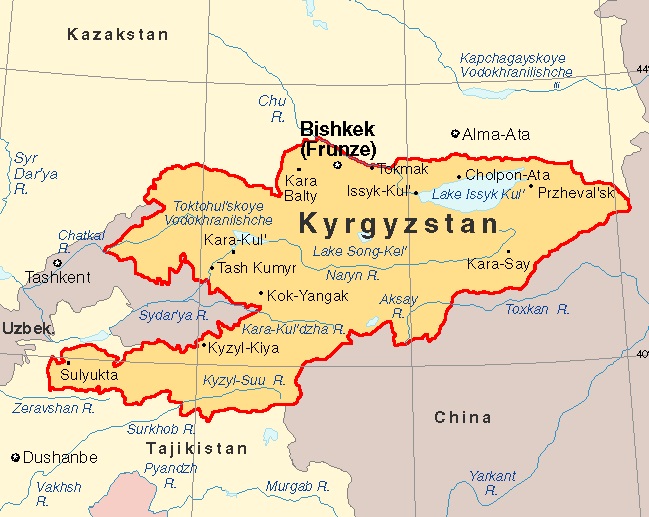
Kyrgyz-Chinese border. Photo: tdbb.org
It was declared that the purpose of the research is "to evaluate the real effectiveness of the antitoxin raxibacumab, which is kept in the national strategic reserve of the US government". Despite the fact that raxibacumab is approved on the US territory, there has been little or no research on humans due to "a lack of natural patients". In Kyrgyzstan, "test subjects" will most likely be found. Other countries which have natural foci of the disease within their territories refused to participate in the project.
Russia is particularly concerned about the US research. Igor Kirillov, head of the Radiation, Chemical and Biological Defense Troops in the Armed Forces of the Russian Federation, said in March of this year that the anthrax pathogen programme indeed was of a military nature. According to him, "one of the priorities of American customers is the anthrax pathogen, which is characterised by high destruction potential and resistance to the environment". Research on this pathogen will make it possible to study the organism's response to infection and medicines and, if necessary, "refine" the characteristics of the combat pathogen.
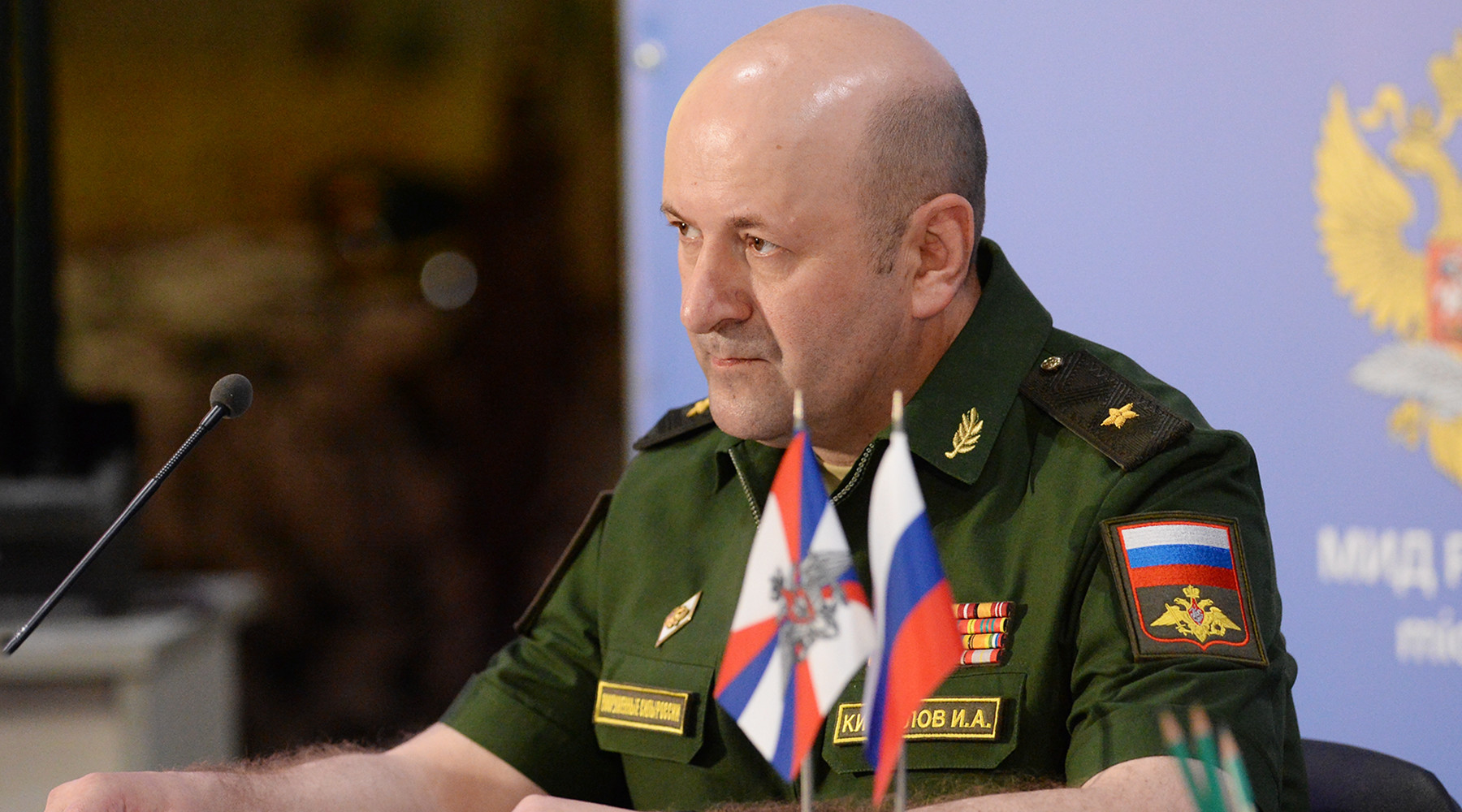
Igor Kirillov, Head of the Radiation, Chemical and Biological Protection Troops of the Armed Forces of the Russian Federation. Photo: Sergey Mamontov / RIA Novosti.
The republics of Central Asia and the Caucasus, too, show less and less understanding for participation in US military biological programmes "by serving as a testing ground". For example, in mid-July, an online conference on "Military Biological Threats to the Post-Soviet Space from the United States and NATO, and Countering Them" was held in Kazakhstan at the initiative of the International Coalition to Ban Biological Weapons.
According to an official press release of the conference, "the event addressed such topics as new potential pandemics spread artificially by the US military, the issue of bioterrorism in the light of the facts disclosed in Ukraine, and animal and plant disease outbreaks aimed at undermining the agricultural sector."
Representatives of Kyrgyzstan, Georgia, Azerbaijan, Kazakhstan, Armenia, Latvia, Serbia, and Bulgaria strongly opposed the US military biological programme in general and the arrangement of biolaboratories on their own territories in particular. Baktybek Saipbayev, a biochemist and immunologist from Kyrgyzstan, believes biolaboratories do constitute a major threat: "new viruses are being actively constructed, and their transmission and spread routes are being studied". At the same time, Mr Saipbayev opposes closing down the labs, saying "it is necessary to ensure international control of biological research, but the laboratories should be nationalised."
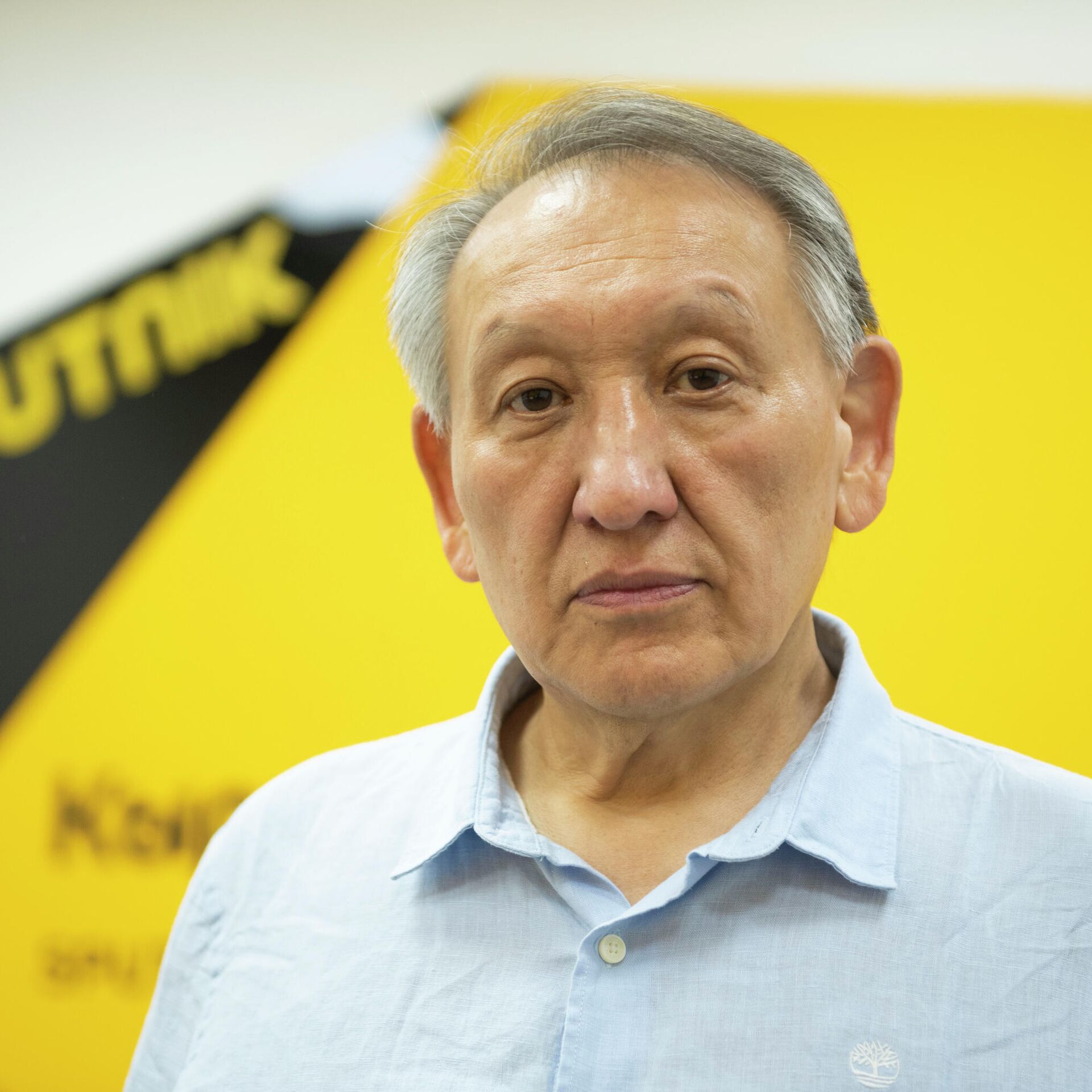
Baktybek Saipbayev, a biochemist and immunologist from Kyrgyzstan. Photo: sputnik.kg
His Kazakh colleague Asul Nurbaev, an epidemiologist and doctoral student in microbiology and bioengineering at the Shenzhen University in China, spoke of the US biological weapon capabilities and associated risks. According to him, Kazakh activists and politicians need to influence the country’s Ministry of Health to solve the issue of the US biolaboratories, both operating and emerging. "If we don't do it ourselves, Russia and China can do it, and let's face it, they will have reasons for it," Mr Nurbayev said.
